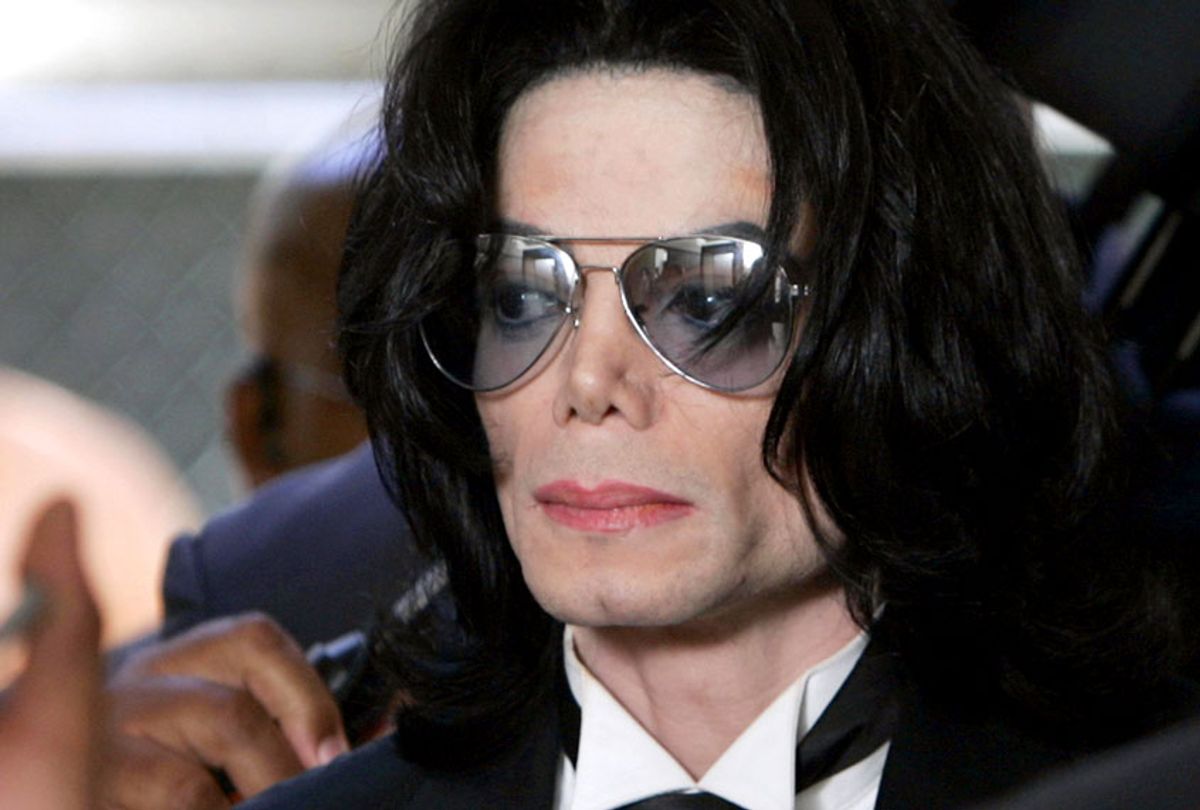How business-corporate speech is killing us

It’s not malevolent or conspiratorial; it’s mindless, manic, 24/7, and — believe it or not — lethal to democratic life.
Most of us think of the constant cacophony of “ad-speak” as harmless or just mildly annoying. Some of us “mute” it on TV and block it on online. Neither we nor the American Civil Liberties Union have actively opposed the Supreme Court’s Citizens United ruling that the First Amendment protects — as free “speech” — the algorithmically driven groping, goosing, titillating, intimidating, addicting, tracking, and indebting commercial speech, generated not by citizens but by engines whose managers serve swirling whorls of shareholders and private-equity investors who are civically mindless.
It’s time to stop thinking of these engines and their managers as merely annoying. They’re lethal because they make their terrific gains by bypassing our civic brains and hearts on their way to our lower viscera (of lust, of fear, of rage) and, through them, to our wallets. The great novelist D. H. Lawrence warned that “It is the business of our Chief Thinkers to tell us of our own deeper desires, not to keep shrilling our little desires in our ears.” American business leaders, and many “culture” leaders, are shrilling our little desires into our ears all the time. Some of them, such as Rupert Murdoch, are shrilling a lot that’s even worse.
This hollowing out of public (and, with it, private) speech — which I’ve described in The Baffler, The Los Angeles Review of Books, Salon, and The Boston Globe — draws the “oxygen” out of public conversation. It’s leaving vacuums that are filled by the groping and goosing I’ve mentioned and by hostile speech that is protected by the First Amendment, except when it’s triggering violence. We tend to assume wrongly that the Constitution rightly protects the business-corporate engines that generate the public vacuums and the fabricated speech that fills Americans’ public space, thereby debasing, stupefying, demoralizing, and deranging people who are already stressed or dispossessed by those same socially purposeless engines.
In this increasingly horrifying vacuity, bereft of cultural moorings or guard rails, hapless editors and producers swing the social wrecking ball of cancel culture, looking for someone or something to punish in their pursuit of the empty “order” that governs the publications and sites that many of us visit every day.
In writing the following essays, I’ve benefited from the writing and wisdom of the legal scholar Daniel J.H. Greenwood, whose lowa Law Review article Essential Speech: Why Corporate Speech is Not Free by Daniel J.H. Greenwood :: SSRN and his subsequent conversations with me were indispensable. I quote him extensively in The Baffler essay, which he guided me in writing.
 Daniel J.H. Greenwood
Daniel J.H. Greenwood
I’m also grateful to my conversations with the legal scholars Louis Michael Seidman, Robert C. Post, Frank Michelman, and Bruce Ackerman, who helped me to think through these challenges (Seidman, Post, and Michelman are quoted and cited in the Los Angeles Review of Books essay below) and to my Yale students Aseem Mehta, Jacob Wolf Sorokin, Zachary Schlesinger, whose questions and suggestions have been indispensable.
Speech Defects: How Consumer Marketing Destroys Democracy (The Baffler, July-August, 2018)
How Hollow Speech Enables Hostile Speech, and What to Do About it (The Los Angeles Review of Books, October, 2018)
Free speech is on two slippery slopes: Why are civil liberties advocates ignoring one of them? (Salon, August, 2018)
TV Violence Can Make You… Violent!, New York Daily News, 1994. Don’t try to convince me that rising violence in public life isn’t accelerated by the degradation of public discourse in “fictional’ TV movies and videogames as much as is by “reality TV.” This column was one of my early warnings.
How commercial speech buried Michael Jackson, (Salon, March 4, 2019)

Corporate Free Speech? Since When? (The Boston Globe, September 5, 2009)
Corporate Speech vs Personhood: Citizens United vs. the American Republic (A talk at the University of Oklahoma, March 2011)
Behind the Snarking About Occupy Wall Street (HuffingtonPost, Oct. 31, 2011)
Republican presidential debates, and even “liberal” magazines, are drawing people eager to rail at clueless dissenters, especially if they can catch them bickering with one another.
What No One ‘Important’ Was Saying About Capitalism pre-Bernie (TPM Cafe, February 28, 2010)
Bernie Sanders was telling hard truths about financing and marketing back then, of course, as a Congressman and Senator from Vermont. But it was his presidential candidacy of 2012 that brought the critique into mainstream discourse, along with huge numbers of citizens disillusioned with liberal as well as conservative rationalizations for premises and practices that are no longer legitimate or sustainable.

Photograph by John Locher / AP
What Neoliberals and David Brooks Should Learn About Labor Unions March 2, 2011
(Hint: When unions act badly, try to remember that they are what they are because their employers and society are what they are.)
New Media, Markets, and Occupy Wall Street. (Oct. 21-22, 2011)
The dynamics of news-gathering and organizing were never more interestingly scrambled than in this movement, I noted in openDemocracy and then in Huffington Post